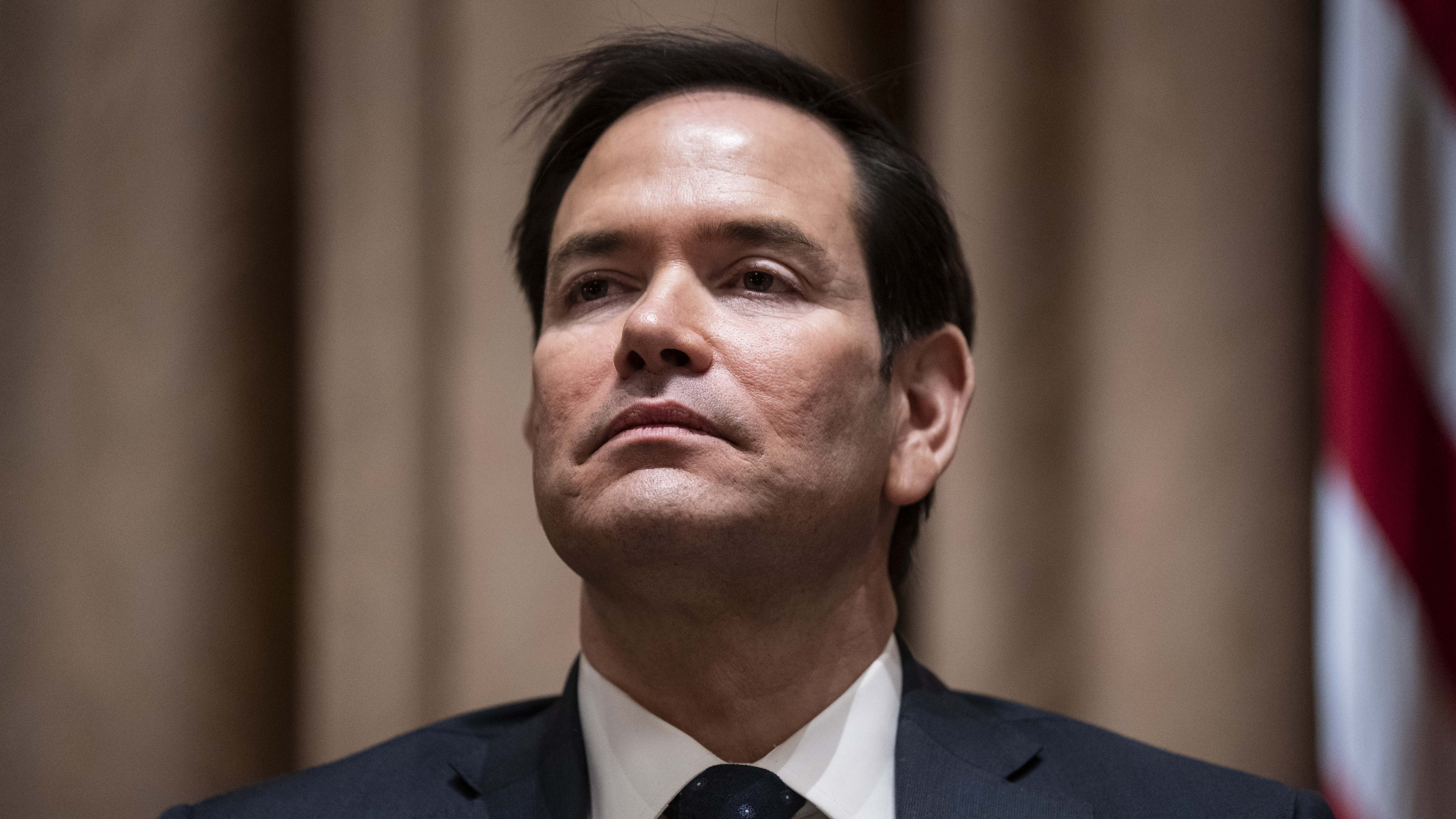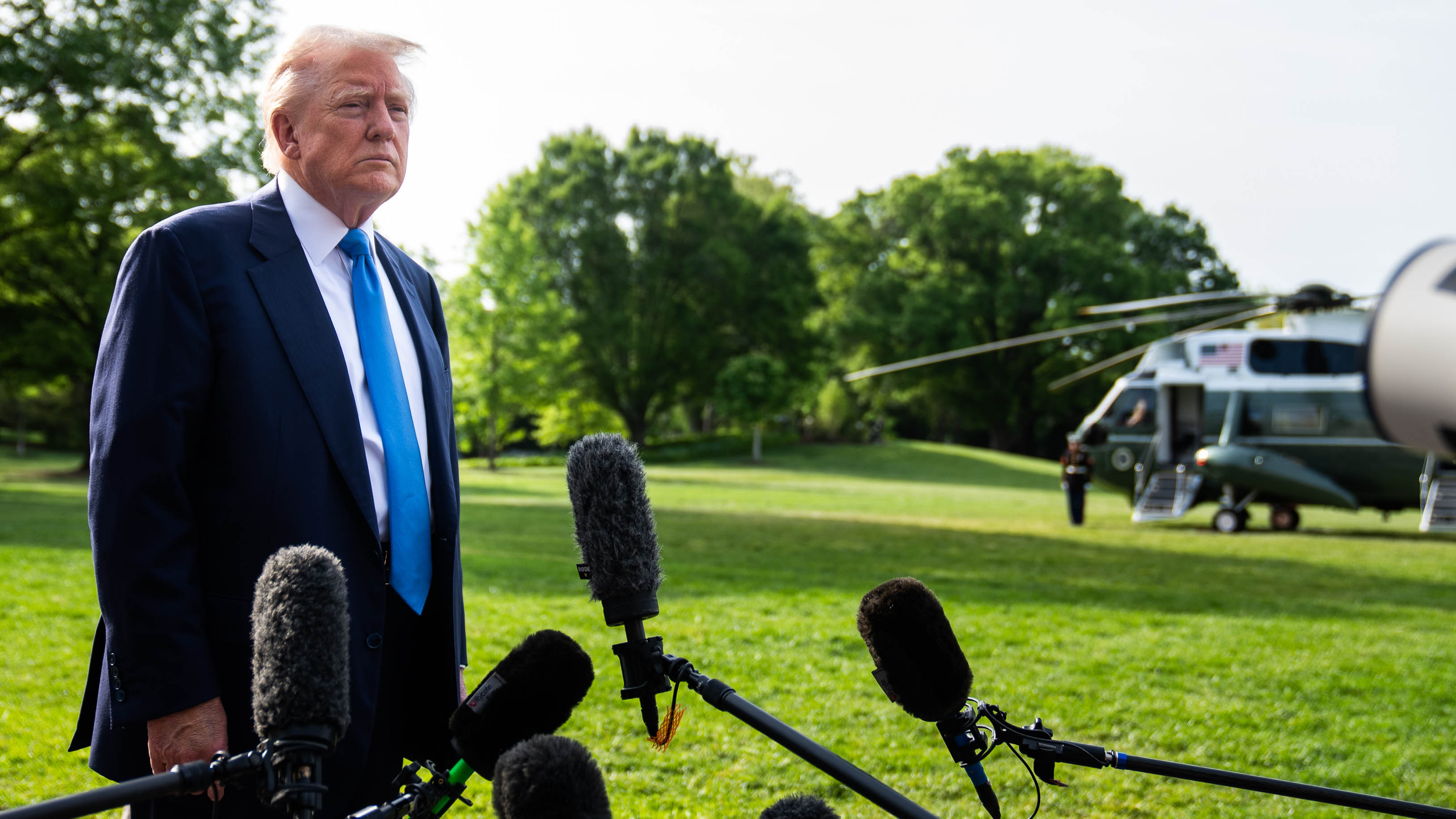For the first time since Bill Cosby was convicted of sexual assault, the jurors who decided his fate are speaking out about what influenced their decision. Prosecutors believe the guilty verdict will stand.
In the tense moments before a jury convicted Bill Cosby of sexual assault, the prosecutor who had branded him a "con man" and called him out for laughing during closing arguments started to worry about the global implications if the #MeToo era's first big trial went the other way.
Accuser Andrea Constand's allegations that Cosby had drugged and molested her at his suburban Philadelphia mansion in 2004, revived out of nearly a decade of dormancy by another comedian's viral joke, had coalesced into a movement of women who said he violated them, too.
Prosecutor Kristen Feden told The Associated Press she was "nervous for Andrea and for sex crime victims as a whole" at Cosby's retrial.
"I felt like this verdict could dictate something more," Feden said. "If they found him not guilty, I felt like they were feeding into every character assassination on sex crime victims."

Feden and prosecutor Stewart Ryan spoke to the AP on Saturday about the nearly three-year journey from reopening the Cosby case to last Thursday's verdict, how they restructured their approach after last year's hung jury and the sacrifices they faced along the way.
Cosby, 80, is now a prisoner in his own home and faces the prospect of spending the rest of his life behind bars as he awaits sentencing within the next three months on three counts of aggravated indecent assault. He has maintained his innocence. His publicist has declared his conviction a "public lynching," and his lawyers have vowed to appeal.

But Feden, Ryan and their boss, District Attorney Kevin Steele, said they are confident Cosby's conviction will stand.
Prosecutors started thinking about a retrial as last year's deliberations wore on for six days, Ryan said.
"We could kind of see the writing on the wall with the first jury," he said.
U.S. & World
Stories that affect your life across the U.S. and around the world.
Two days after Cosby's conviction, law books and papers were still strewn on a long table in the war room where prosecutors plotted their strategy: leading off with an expert to educate the jury in victim behavior, successfully fighting to call five additional accusers and fending off the defense's allegations that Constand was a scammer framing Cosby for a big payday.
The additional accusers allowed prosecutors to uncloak the man once revered as America's Dad as a manipulative predator who used his built-in trust to trick women into taking powerful intoxicants so he could violate them. One woman pointedly called Cosby a "serial rapist," and another asked him through her tears, "You remember, don't you, Mr. Cosby?"
Feden said she felt "that needed to be exposed."
"That was the most sickening part of this all," she said. "When people in positions of power use that power to victimize people, I find that to be beyond disgusting."
Then-District Attorney Risa Vetri Ferman reopened the Cosby investigation in July 2015 after a federal judge, acting on a request from the AP, unsealed portions of Cosby's deposition testimony from a civil lawsuit he settled with Constand in 2006 for $3.4 million. In the testimony, which was read to jurors at both trials, he described giving quaaludes to women before sex in the 1970s and his encounters with Constand, a Temple University women's basketball administrator.
Ryan likened Cosby's description of a purported sexual encounter with Constand to "reading some disgusting pornography novel." He said the testimony, far more explicit than what Cosby said in his lone police statement, showed "exactly what's going on" in his mind.
Feden questioned Constand. Ryan cross-examined star defense witness Marguerite Jackson. Together they delivered a closing argument that wrested the "con artist" label from the defense and pushed back at suggestions the case was outside the statute of limitations.
Feden, a point guard in her basketball days, said she pivoted immediately when she saw Cosby out of the corner of her eye, smirking as she spoke about the similarities in Cosby's conduct with Constand and the five other accusers.
"He's laughing at the cost of these women? And then Andrea Constand's in the courtroom? I'm furious," Feden said. "No one in this courtroom is laughing. I understand that you're a comedian, but this is not funny. This is not your stage. This is what you did wrong."
Judge Steven O'Neill's court crier called Ryan with the news that a verdict was in around lunchtime, about 14 hours after jurors started deliberating.
Ryan quickly relayed the news to Steele and Constand, who testified that she wanted justice. Then he called Feden, who had been so dedicated to seeing the case through that she worked out a deal to stay as a special prosecutor after leaving for the Philadelphia law firm Stradley Ronon.
Feden and Ryan spent months of long days working on the case away from their families: she, her husband and their two young sons; he, his wife and their 9-month-old son.
Ryan said the boy, born soon after the first trial, lifted him from hard days with a bright smile. Feden said she often thought of her late aunt, an OB-GYN, who had championed women and her career as a prosecutor.
Cosby's case drew worldwide attention. The courtroom gallery was filled with reporters, and cameras lined the railings outside the courthouse. But to Feden and Ryan, the man known for playing Dr. Cliff Huxtable on "The Cosby Show" was just another predator whose victims were finally being heard.
"There was someone who had been sexually assaulted, someone who deserved to hear 12 people say that not only do we believe you but we're going to hold the person who did it accountable," Ryan said.
The jurors that convicted Cosby have also spoken out. The jury foreman released this "official statement from the jurors" about having "no reservations" about finding Cosby guilty:
In a country built on a profound belief in the power of its citizens, few duties are more important than those of individuals asked to serve as fair and impartial jurors in our great justice system. Guided by the essential notion that all men are innocent until proven guilty, we, the jurors of the recent Cosby trial, are proud to say -- with 100% conviction -- that each of us performed our duties with firm adherence to these sacred principles.
After thoughtful and meticulous consideration of the information and evidence provided to us, we came to our unanimous verdict. Our decision was not influenced in any way by factors other than what we heard and saw in the courtroom. Not once were race or the #metoo movement ever discussed, nor did either factor into our decision, as implied in various media outlets.
Simply put, we were asked to assess the credibility of Ms. Constand's account of what happened to her, and each one of us found her account credible and compelling. Our request for review of certain evidence during the deliberation process was a matter of due diligence; our thorough discussion of the evidence led to a decision with which we felt certain, but our collective commitment to the process called for even further confirmation. After that second review, we had absolutely no reservations. We used our diverse backgrounds and life experiences to broaden our individual perspectives for a thorough understanding of all that was presented. Each of us spoke of the weight of our responsibility we understood the consequences to human lives, to an American icon, and to all who are victims and we knew we needed to be comfortable with our decisions in order to be able to sleep at night with clear consciences. Each of us is walking away with that sense of peace, knowing we performed our duty in the manner it deserved.
The burden of sequestration for this Philly-spirited team of 18 was made lighter by the camaraderie of the group and the support and graciousness of the sheriffs and other court staff. These tireless stewards of the court went so far as to give those of us missing our four-legged family members a little taste of home with daily visits from Turks, the comfort dog who responds to commands that are spelled out and who made some very long days just a little bit more comfortable. While their work is serious, those who serve in the Montgomery County courts ensure that all called to play a role in that work are treated with respect and kindness.
While we are honored to have taken on this unique and important task, and are proud of the job we did, we are each anxious to return to our normal lives and ask for privacy and respect as we turn our attention back to the colleagues, friends, and family whose sacrifices in our absence were, in many cases, larger than our own. Thank you to all who contributed, directly or indirectly, to this right and just outcome.
The youngest member of the panel said that the comedian's own words sealed his fate.
Harrison Snyder said in an interview aired Monday on ABC's "Good Morning America" that it "wasn't an open and shut case." But the 22-year-old says Cosby's deposition — in which he admitted giving women drugs to have sex with them — was the evidence that made him believe he was guilty.
"I think it was his deposition, really. Mr. Cosby admitted to giving these Quaaludes to women, young women, in order to have sex with them," Snyder said of a deposition that was part of a civil case brought by Constand.
Snyder said that he had no doubt the jury made the right decision in convicting Cosby.
The Associated Press does not typically identify people who say they are victims of sexual assault unless they grant permission, as Constand has done.



